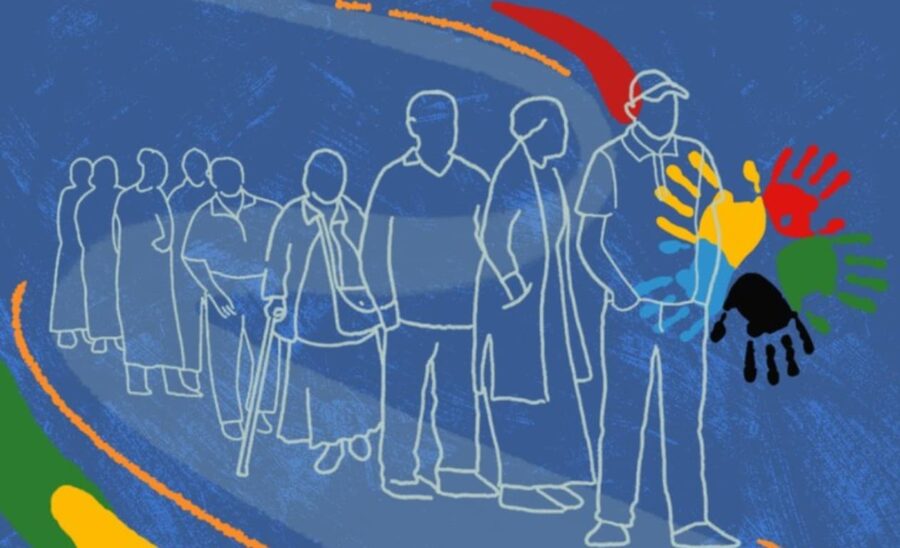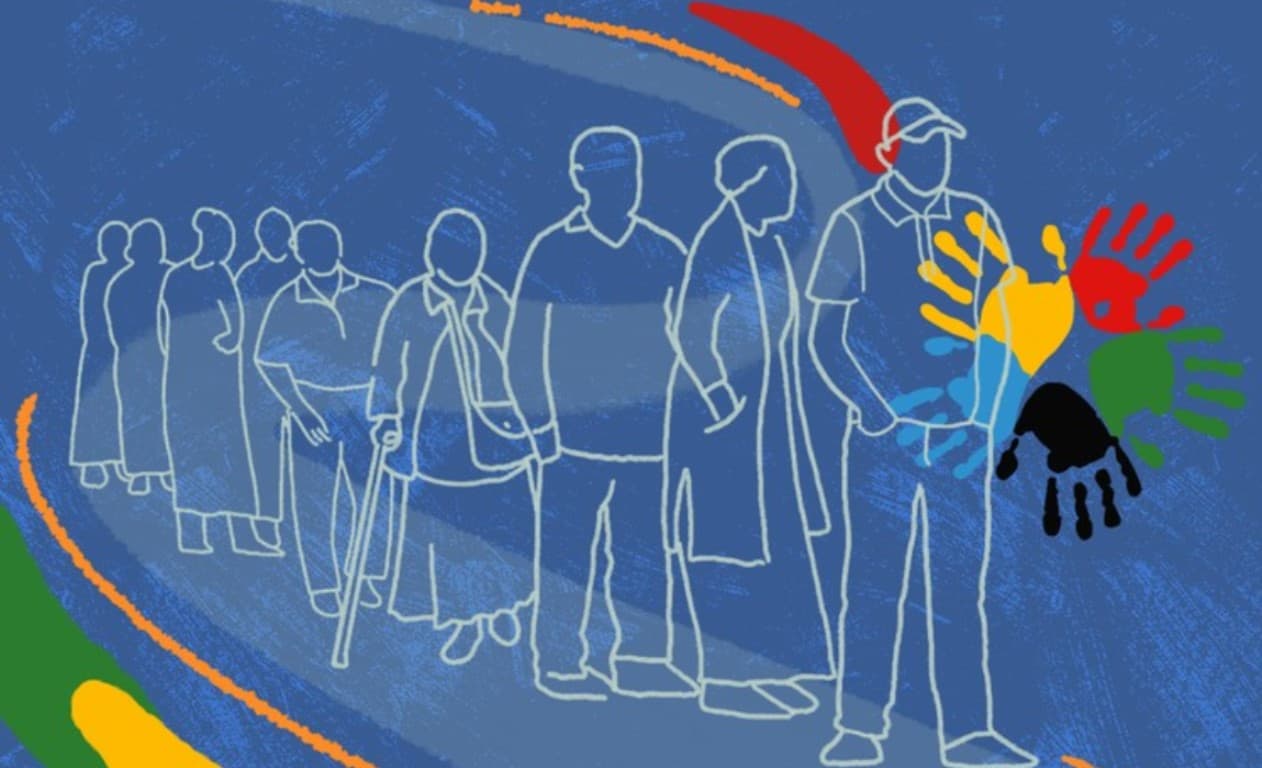
Hike tax on sugary drinks to fund an increase in social grants, say activists
Higher sugar tax would also save on health care

Activists are calling on the National Treasury to increase taxes on sugary drinks to raise money to fund an increase in social grants.
- Activists are calling for a tax increase on sugary drinks to fund increases in social grants.
- At a pre-budget speech panel discussion, representatives from Black Sash, Priceless SA and the Healthy Living Alliance made the proposal.
- They said a 20% hike in the Health Promotion Levy on sugary beverages could result in billions of rands in savings in healthcare which could go to social grants instead.
During a panel discussion in Cape Town on Tuesday, representatives from Black Sash, Priceless SA and the Healthy Living Alliance (HEALA) proposed that money generated from the Health Promotion Levy on sugary beverages (the sugary drinks tax) be used for increasing social grants.
ALSO READ: SASSA: Increases to social grants welcomed
decrease diabetes and obesity
The levy took effect in 2018 to support efforts by the Department of Health to decrease diabetes, obesity and related diseases. The levy-free threshold is set at 4g of sugar per 100ml, with every gram above that taxable at 2.1c per gram.
Responding to a question by MP Evelyn Wilson (DA) in 2021 on the amount raised by the levy, Finance Minister Enoch Godongwana said, “The cumulative revenue … from inception on 1 April 2018 to 31 March 2021 is R7.9-billion.”
ALSO READ: ‘South Africa TOO reliant on social grants,’ say experts
Collections in 2018/19, 2019/20 and 2020/21 were approximately R3.2 billion, R2.5 billion and R2.1 billion.
“There is a hunger crisis in the country that is increasing in severity,” said Zukiswa Zimela of HEALA. “Social support grants are one of the interventions that can help give people food security and access to basic needs.”
prevent a rise in non-communicable diseases
At the same time, said Zimela, the government should prioritise health across its policies to prevent a rise in non-communicable diseases, which sugar-sweetened beverages contribute towards. The levy could be used to achieve both goals, she said.
Currently, 13 million children rely on the Child Support Grant (CSG) and between 7.5 and 8.5 million adults depend on the Social Relief of Distress (SRD) grant.
In his budget speech last year, Godongwana announced increases to social grants that were below the inflation rate.
Black Sash’s Amanda Rinquest said although “people immensely benefit from the grants, the grants are not a dignified amount”.
Rinquest referred to the Pietermaritzburg Economic Justice and Dignity group’s study that found the average cost of a basic nutritious diet for a child per month in January 2024 is R954. The Child Support Grant is R510 and the Social Relief of Distress grant is R350.
“That means mothers are making a decision to not buy their children the most nutritious meal, but the most filling meals like high carbohydrate foods. That means kids are not getting the full vitamins, minerals and nutrients they need,” said Rinquest.
Chengetai Dare, senior health economist at Priceless SA, said they expect manufacturers of sugary drinks to reject the proposal but the government needed to be “on the side of the masses”.
ALSO READ: Social grants are a lifeline for millions of South Africans
Dare said increasing the levy is a “triple win”: government gains revenue; consumers consume fewer unhealthy sugary drinks; the money raised can be redistributed to increase social grants.
Dare said a levy increase from the current 11% to 20% could lower the prevalence of obesity by 2.4% to 3.8%, at least 85,000 incidents of stroke cases would be averted, and 72,000 deaths of South African adults would be prevented. “This translates to an estimated savings of over R500 billion in healthcare over 20 years”, he said. (GroundUp has not verified these claims – editor.)
“These suggestions are low-hanging fruits that the government should take advantage of to ameliorate the health and socio-economic challenges bedevilling the country,” said Dare.
Published originally on Groundup
